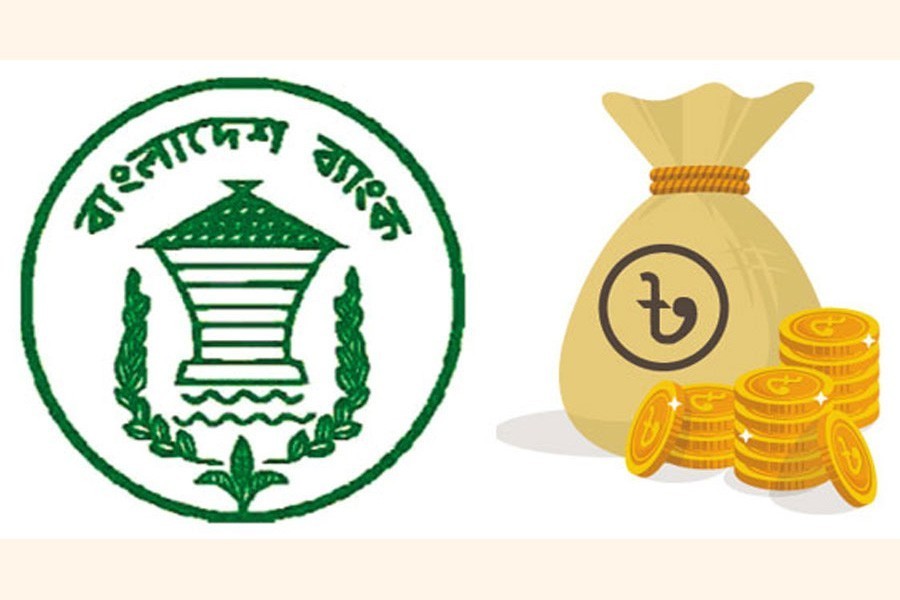
Published :
Updated :

Desperate times call for desperate measures. Going by this piece of advice or saying or whatever, the Bangladesh Bank (BB) has been pursuing an 'expansionary' and 'accommodative' monetary policy stance since history's most brutal pandemic started leaving its devastating impact on the life and livelihood of people. The BB, on Thursday last, announced its monetary policy for the current fiscal (FY 2021-22) keeping that stance unchanged as it felt the time was not yet right to withdraw the relaxations that were put in place during the previous FY.
The central bank had cut the policy rates, eased many conditions concerning loan classification and implemented several stimulus packages, announced by the government to tide over the crises and keep the economy moving. It is highly unlikely that the central bank would see the fulfilment of all the objectives of its monetary policy measures, that too, during a time when almost everything depends on the whims of a deadly pathogen.
The resurgence of infections after a pause has been hurting the economic recovery in most countries. Bangladesh is also no exception. So, under the prevailing circumstances, it is worthwhile to see how far the monetary policy measures had worked during the last FY. The country is now going through the most difficult phase of the pandemic and a 'hard' lockdown has brought almost all economic activities to a grinding halt. Any notable improvement in the situation is unlikely unless at least 70 per cent of the population are fully vaccinated. That, it seems, is very unlikely within this FY.
The MPS for FY'22 promises to address several issues that might prove quite difficult to attain under the circumstances. The banking sector is now under heavy liquidity pressure because of lower than the projected growth of both private and public sector credit and lower net bank borrowing by the government. These developments though unwelcome in a broader economic context helped keep inflation in check during the last FY. Food inflation however remains a threat, and it has been causing suffering to the poor and low-income people.
Given the experiences gained in recent years regarding the growth of both public and private sector credit, the projections made in the new MPS appear ambitious. The central bank has not explained the basis of making such projections. So, without a notable growth of credit for the private sector, the central bank's desire, expressed through the latest MPS, to create more jobs and 'quality' employment opportunities will be elusive as ever.
The demand for financial relief would continue to pour in from operators in the various sectors of the economy. The MPS for the current FY lays the due emphasis on helping the small and medium-scale enterprises that did not receive earlier the help they deserved. The central bank should be attentive to its special refinancing scheme for small traders, transport, hotel and restaurant workers and people involved in private educational institutions. These people are the worst sufferers. None has paid any attention to them so far. Hopefully, the refinancing scheme will help them come out of this difficult situation.


 For all latest news, follow The Financial Express Google News channel.
For all latest news, follow The Financial Express Google News channel.